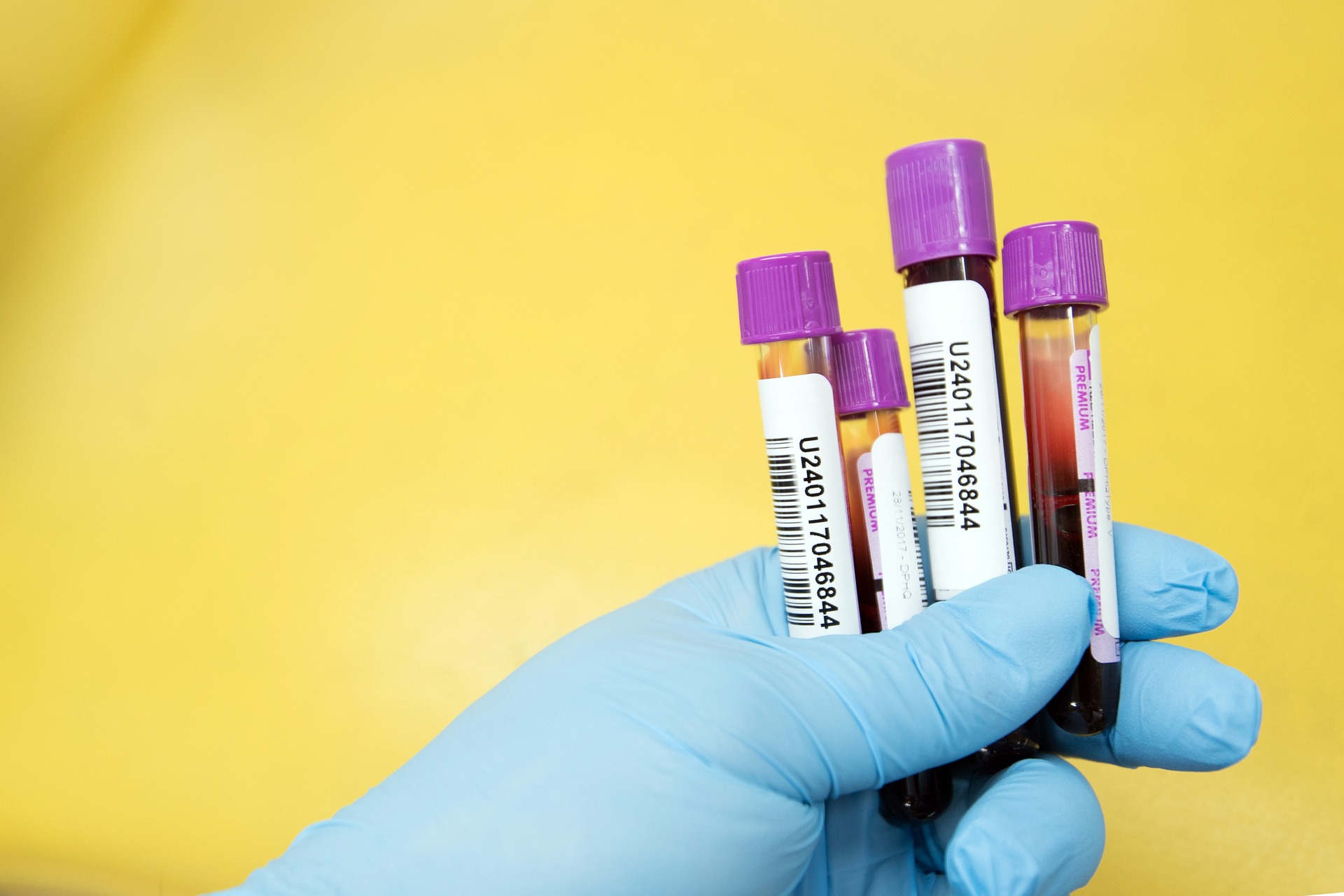
SHARE THIS ARTICLE:
NIH Funding Post Treatment Lyme Research for 5 Projects
 The National Institutes of Health (NIH) announced in a press release on 7.21.23 that they have awarded approximately $3.2 million dollars in funding for this first year of research focused on possible causes of persistent Post Treatment Lyme Disease Symptoms (PTLDS). This is the year one of a 5 year award in support of this work. PTLDS is defined as a collection of symptoms, such as pain, fatigue, and difficulty thinking or “brain fog,” which linger following standard treatment for Lyme disease. Of the nearly 500,000 people in the United States infected with Lyme disease each year, the Centers for Disease Control and Prevention estimates that between 10% – 20% of them experience PTLDS.
The National Institutes of Health (NIH) announced in a press release on 7.21.23 that they have awarded approximately $3.2 million dollars in funding for this first year of research focused on possible causes of persistent Post Treatment Lyme Disease Symptoms (PTLDS). This is the year one of a 5 year award in support of this work. PTLDS is defined as a collection of symptoms, such as pain, fatigue, and difficulty thinking or “brain fog,” which linger following standard treatment for Lyme disease. Of the nearly 500,000 people in the United States infected with Lyme disease each year, the Centers for Disease Control and Prevention estimates that between 10% – 20% of them experience PTLDS.
The award recipients include 1) Dr. Brandon Jutras at Virginia Tech, Blacksburg, studying” The natural release of unusual peptidoglycan fragments drives persistent Lyme disease symptoms in susceptible hosts;” 2) Dr. Michal Tal, at Massachusetts Institute of Technology, Cambridge, studying “Unlocking serology’s secrets: harnessing novel immune biomarkers to predict Lyme disease progression and recovery;” 3) Dr. Linden Hu at Tufts University, Boston, studying “Auto-antibodies as predictive markers for Post-treatment Lyme Disease Syndrome;” 4) Dr. John Aucott, at Johns Hopkins University, Baltimore studying “Determinants of post-treatment phenotypes in Lyme disease;” and 5) Dr. Neal Woodbury at Arizona State University, Tempe, studying “Discovery of early immunologic biomarkers for risk of PTLDS through machine learning-assisted broad temporal profiling of humoral immune response.”
For More Information
Read More on Individual Project Awards
Read More Related LDA posts on PTLDS
Read more Related LDA posts on Chronic Lyme





